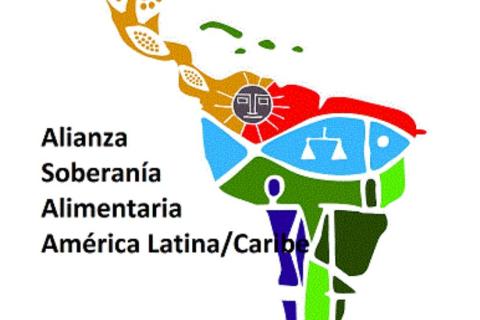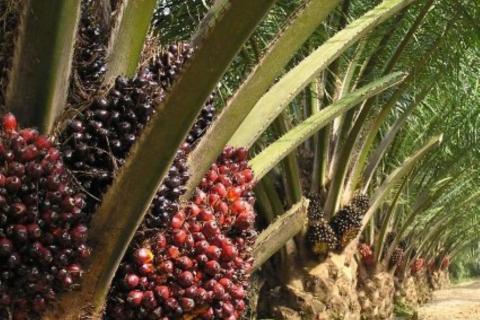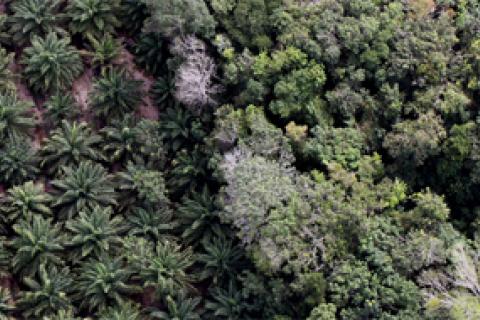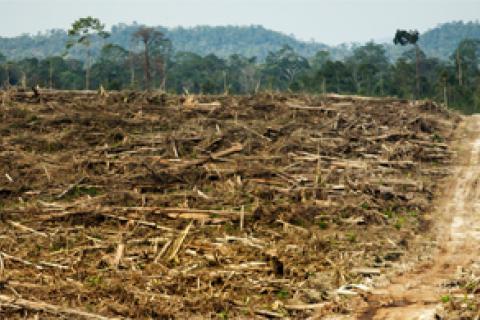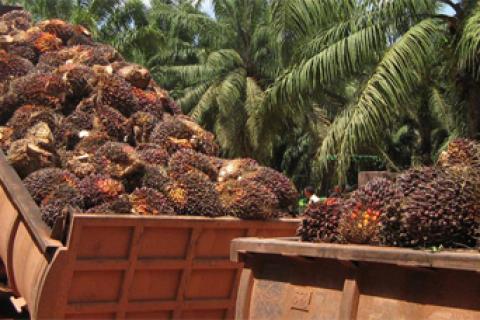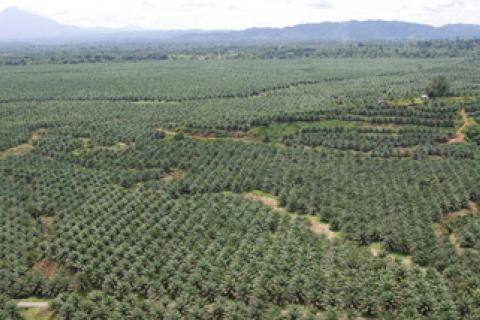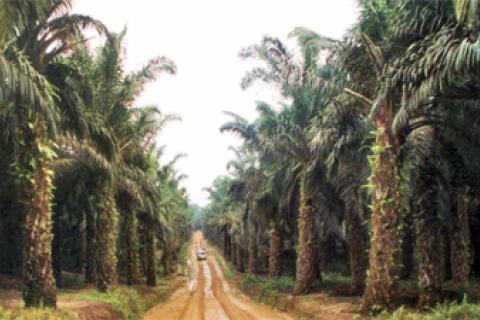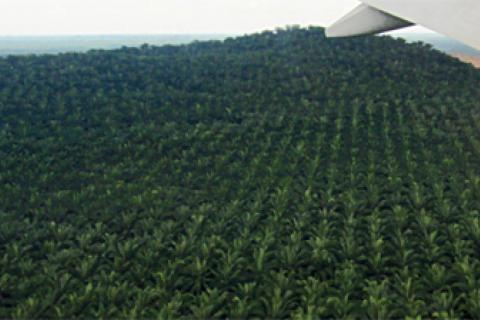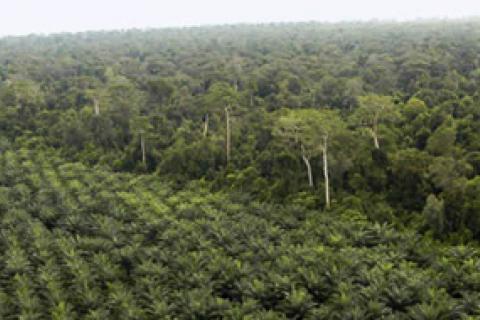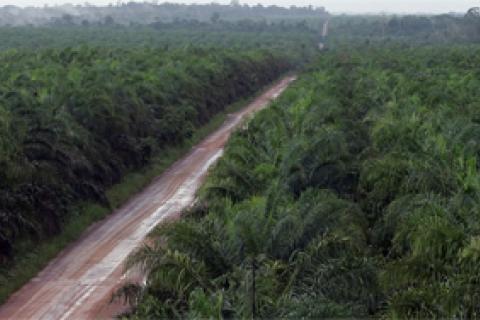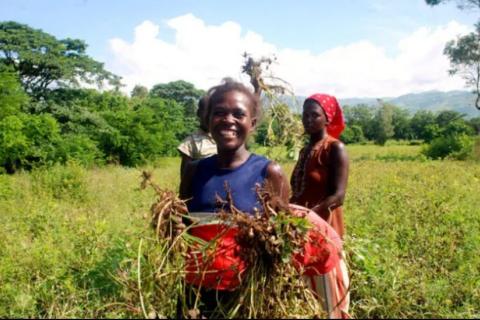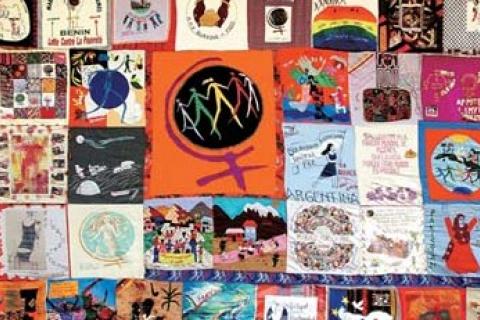The Fourth Special Conference of Social Movements of Latin America and the Caribbean for Food Sovereignty was held on May 2 and 3, 2014, in Santiago, Chile. The conference was organized by the Alliance for the Food Sovereignty of the Peoples of Latin America and the Caribbean, an important alliance of social movements encompassing indigenous peoples, peasant farmers, rural workers, artisanal fisherpeople, women, environmentalists and NGOs.
Bulletin articles
The expansion of industrial oil palm plantations in Africa: A call for greater solidarity and action
In late 2013, a group of representatives of African, Indonesian and international NGOs met with members of La Via Campesina and the African Biodiversity Network in Calabar, Nigeria, to address the massive expansion of industrial oil palm plantations on the African continent and discuss, in particular, the situation in Nigeria, Sierra Leone, Liberia, Cameroon, Benin, Côte d’Ivoire, the Democratic Republic of Congo and Gabon.
Industrial oil palm plantations have been expanding in many countries in the global South, increasingly in Africa and Latin America, invading territories of rural populations, indigenous peoples and traditional communities in order to produce palm oil for export or agrofuel for foreign markets.
The State Government of Sarawak has issued a provisional lease for an oil palm plantation scheme to Woodijaya Sdn Bhd, a subsidiary of Rimbunan Hijau Sdn Bhd on Lot 197 Teraja LD and Lot 1200 Puyut LD, both which are 4,658 hectares. The 60 year lease that was issued by the State’s Lands & Surveys Department encroaches on lands belonging to the Malays of Marudi and Ibans of Lubuk Amam.
Today, many big companies have programmes aimed at emphasizing the equality of opportunities offered to women. These are companies that are concerned about showing the importance they give to incorporating women in their business strategies. This concern seems to represent a politically correct stance in a time when, fortunately, there are a growing number of policies in many countries aimed specifically at women, as a way of reducing the inequality they have historically faced. These problems of inequality are far from resolved, however.
Today, we watch as the capitalist system undergoes a major restructuring in order to keep the current order of oppression and exploitation in place.
